What do most of us think about, when we think about love? No, not a Raymond Carver short story, however intriguing were his musings on relationships. I think when most of us think about love, and all the entrapments of that fickle emotion, clichés pop into our heads. When we’re young, we envision passionate kisses, dizzying emotions, even the uneasiness of unrequited desire. With maturity comes wisdom, and our slightly-more-advanced selves can accept that even the most frenzied romantic love, if nourished with enough affection and shared purpose, has the capacity to ripen into a secure and long-lasting partnership.
If we’re lucky, we retain some of the passion that ignited our union in the first place. If we’re really lucky, the arrival of children teaches us that love requires equal parts patience, self-sacrifice and surrender. And if we’re really, really lucky, we make it to the home stretch, when the nest is finally empty, mortgages are paid, and arguments about money and ego and in-laws are extinct. This is the time when we no longer rely on one other for some of the practical motivations, like starting a family, that may have originally nudged us toward long-term commitment. No longer based on need, love finally reaches its most refined state.
But what kind of love transcends all others? What kind of love tests what you’re made of and how strong you’ll be when your beloved needs you more than you’ve ever imagined? Over the past few weeks I had the heartbreaking privilege of witnessing the purist love there is, one that we never wish to experience, but, if required to, can open our heart and soul like nothing else, and show us what we are capable of as human beings.
Toward the end of the holidays, my dear Aunt Joan, having waged a brave battle against pancreatic cancer for more than 17 months, was placed into hospice care, not far from the New York suburb where she and her husband, Bill, started a family and lived together for more than 40 years. Beautiful Joanie was a funny, open-hearted, smart-as-a-whip mother figure, not only to her own two kind-hearted sons, but to her three grandchildren, her nieces and nephews, and everyone around her. She was witty and affectionate and feisty, and she had a delicious cackle-laugh that you could hear from two rooms away.
Joanie was my personal role model, because she loved books and writing, and, while raising her kids, had the courage to go back to school in her 40s to get a master’s degree in English. I still remember her paper on Gertrude Stein and her insightful theories on Dante’s Inferno. I remember going with her to the New York City Opera and to see Wendy Wasserstein plays on Broadway, and musing about life choices over Chinese noodles in Times Square. When I was the first kid in our family to go away to college, she advised me on whether I should be a journalism or English major, the pros and cons of joining a sorority, and whom I should date (and avoid dating). I loved and admired this woman more than she probably ever fully understood.
Leave it to my beautiful auntie to die as gracefully and optimistically as she lived. After she was diagnosed in the summer of 2012, she took it all in stride, accepting her fate with courage and an unbelievable sense of humor. She found pleasure in choosing a wig and “finding out if blondes truly had more fun” when her hair fell out from the chemo. She took every opportunity to visit her grandchildren, take a last-minute trip to Atlantic City, talk to her loved ones on the phone, or attend a BBQ. She made it through more rounds of treatment than any doctor thought she could, and she laughed, yes laughed, about the absurdity and unfairness of it all, never once pitying herself but only being concerned about her family.
Part of the reason she could be so hopeful is that she lived with a rock, her husband Bill. Along with her sons, Uncle Bill was there with her during every step of Joan’s battle. He helped her get the best care possible, drove her to every doctor’s appointment, made sure she took her medicine and ate well, and sat with her during the long chemo sessions. Then, when her body finally gave out in early December, he exhibited a love like no other. For more than a month he sat with her in her hospital room, from early morning until late in the evening, leaving her side only to grab a sandwich from the hospital cafeteria or race home to shower and change clothes. All day long he sat in a chair by her bed, fielding phone calls from concerned friends and relatives, holding her hand and telling her how much he loved her. He read her the day’s newspaper headlines, cracked jokes with the nurses, and even made fun of her stubbornness and feigned little “arguments” with her so she would feel like things were normal.
If we are human enough to admit it, any one of us would say that Joan’s emaciated face and sunken eyes were devastating to look at, if only because we remembered her plump, smooth skin, and the way her eyes once sparkled when she talked to us. But Bill didn’t seem to notice how his wife’s looks had changed. In that hospital room, he interacted with her as if she was the stunning brunette that had walked down the aisle to marry him in 1972, the woman he vowed to love for better or worse. She was still his “bougey,” as he used to call her. And her thin hospital gown may have well have been a wedding gown, the way he doted on her, rubbing lotion onto her back and face when her skin got dry, and patting her forehead with a soft cloth when the morphine broke her into a sweat.
As the holidays came and went, and we approached the new year, Uncle Bill continued to feed his girl ice chips, and reposition her pillow when the bed pains worsened. He tracked down the nurses when the pain became unbearable and she needed more drugs, and he shooed away visitors when she needed to sleep, which became increasingly more often. Occasionally a visitor would say something that triggered everyone’s emotions, and Bill would finally break down—and how could he not? He was losing his life partner, the woman who raised his children and was there for him the great majority of his life. He made us all believe that love could survive decades and even come out stronger in the end.
Now that Joan is gone, we will never forget her. And I will never forget the shining example set by my uncle, who has forever set the bar for what it truly means to be someone’s better half. In sickness and in health.

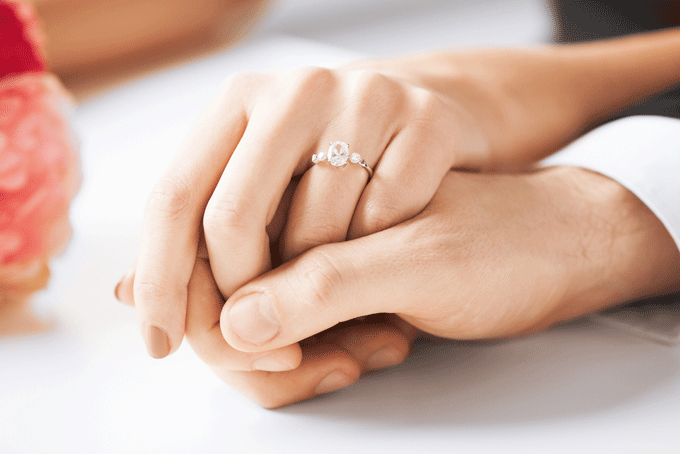


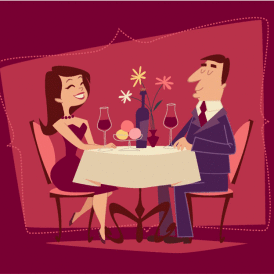

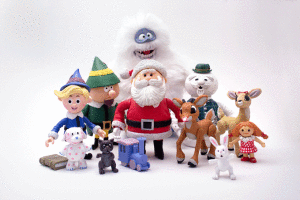

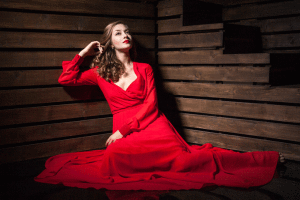
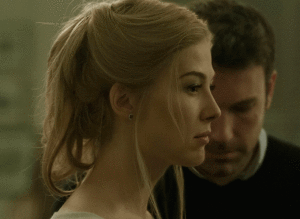
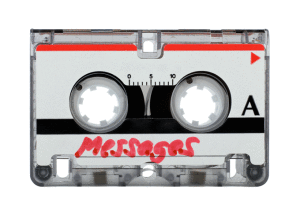
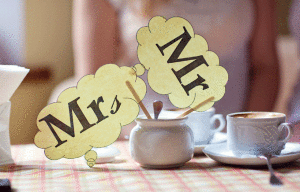
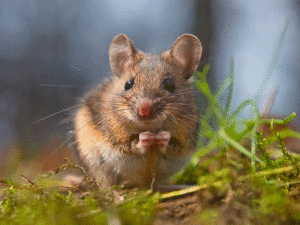
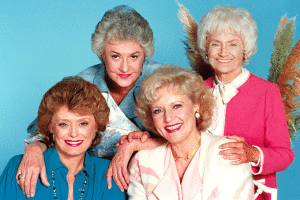
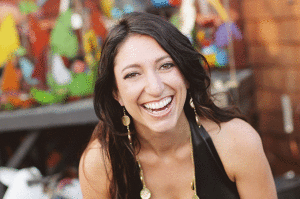







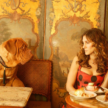
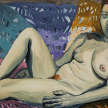

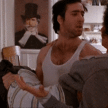


2014/04/03 at 7:26 pm
what a beautiful tribute and a beautiful love story! You were lucky to have her in your life, and she was lucky to have love that lasted forever in hers…
2014/04/04 at 4:29 am
love, love, love this story. It touches the heart!!!
2014/04/24 at 6:31 pm
Brings tears to my eyes. Thank you so much for sharing this.